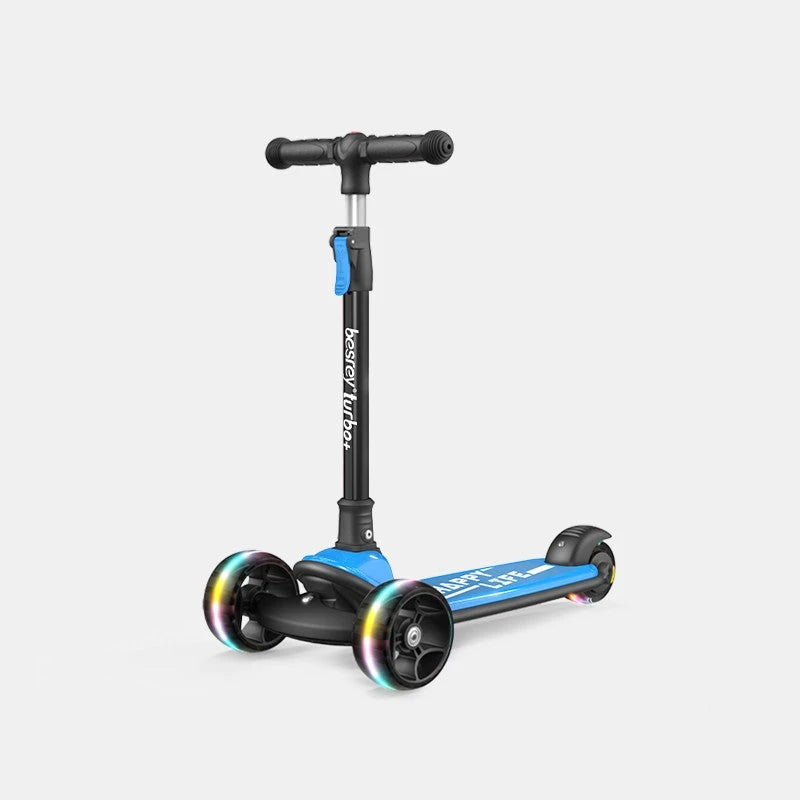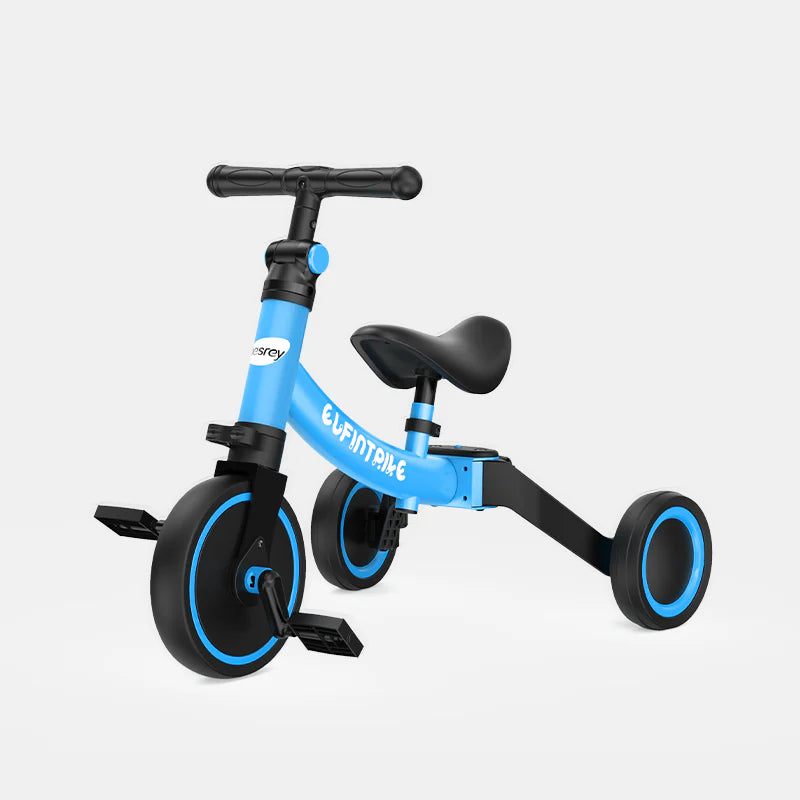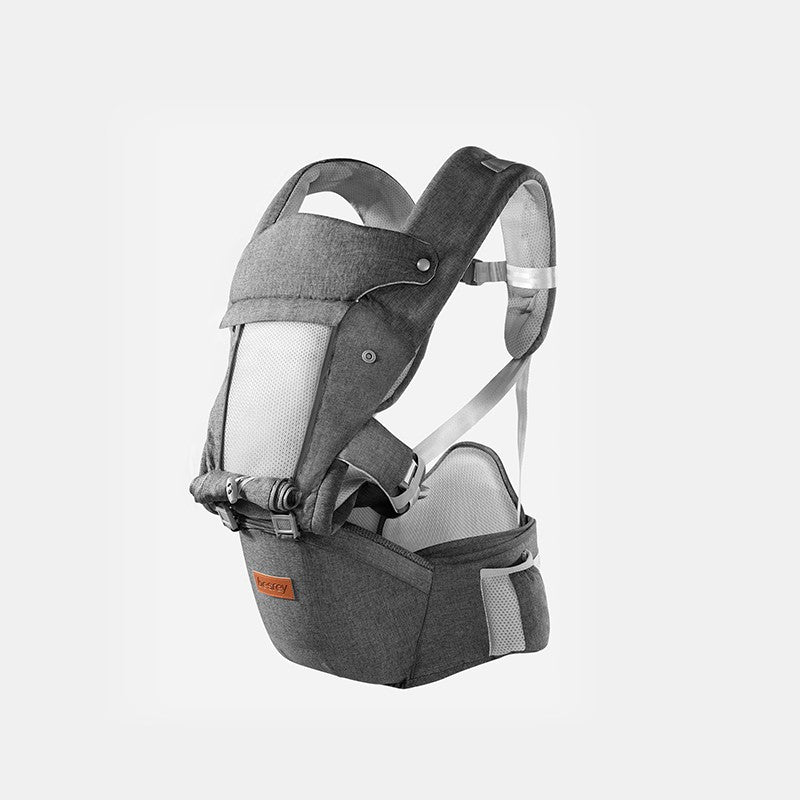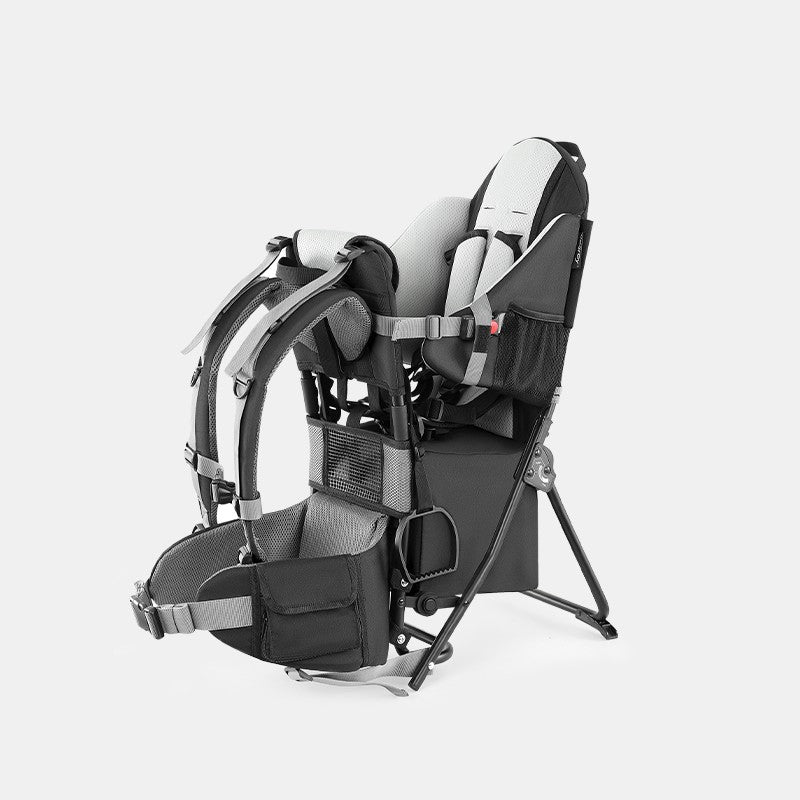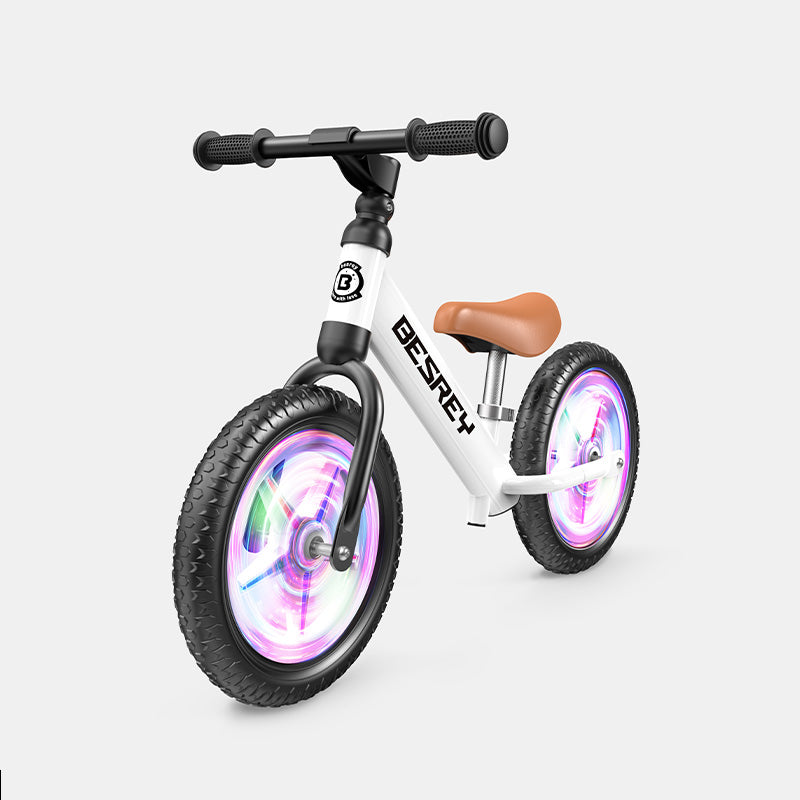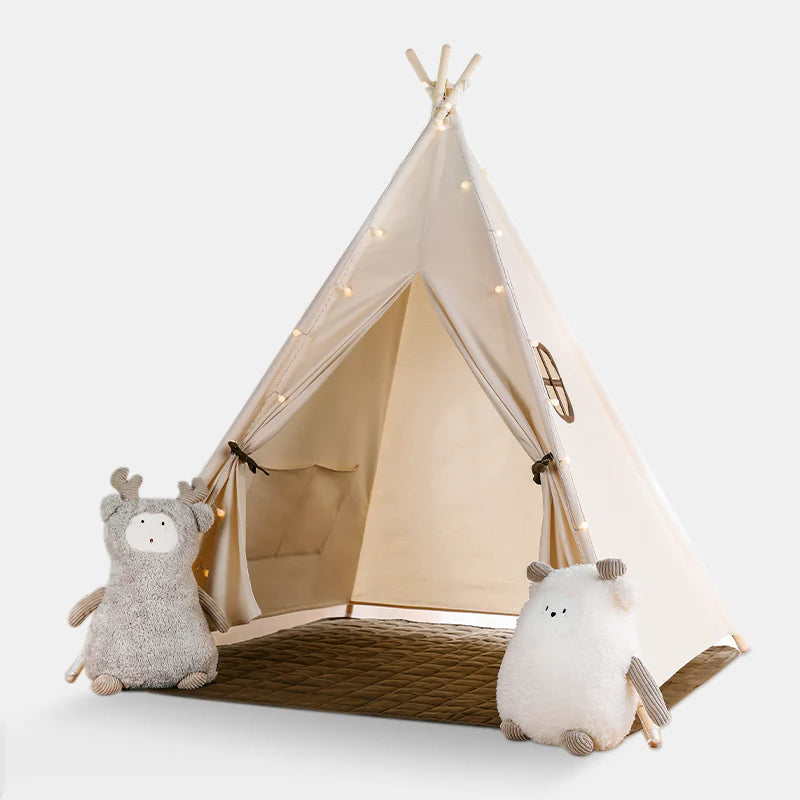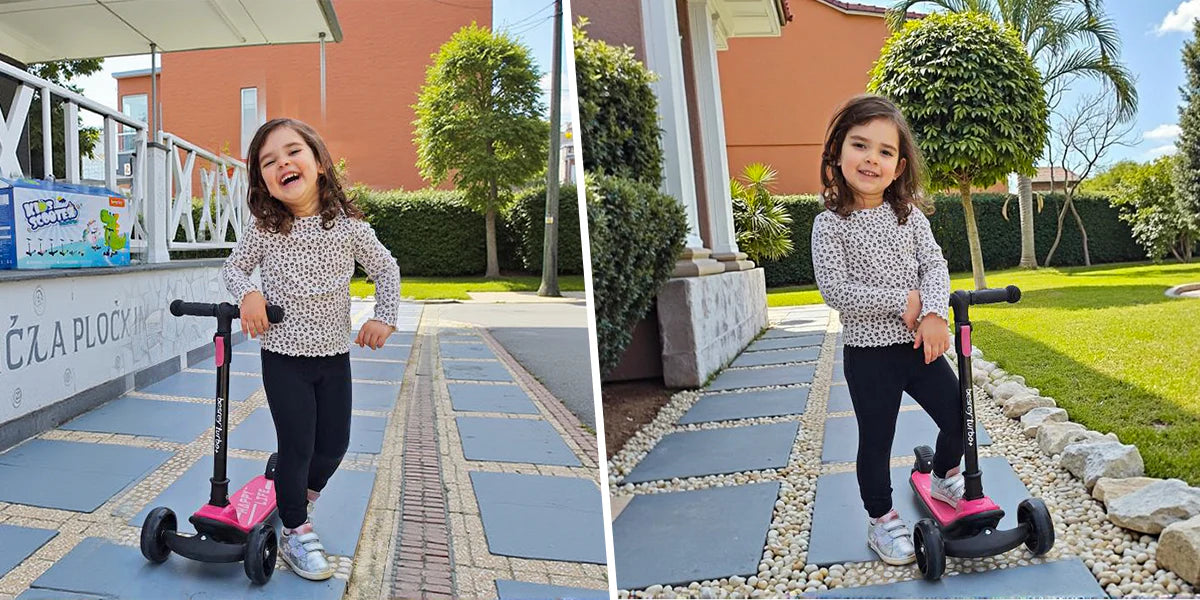Besrey - Aug 29 2025
Potty Training the Strong-Willed Toddler: Gentle Strategies That Work

At Besrey, we’re all fans of gentle parenting and taking a connection-based approach to navigating some of the most challenging moments of raising a child. One of the biggest challenges any parent faces is potty training, especially if you have a strong-willed toddler who wants to be independent and do things their own way.
Most toddlers start potty training between 18 and 30 months, and every child is different. It’s easy to feel like potty training is taking over your life, from leaving the house with a portable potty to dealing with accidents.
Gentle parenting offers various strategies that you can use to overcome these challenges by embracing a calmer approach to potty-training. In this post, we’re sharing our expert insight and advice on the gentle parenting strategies that work when potty training a toddler.
Understanding Your Strong-Willed Toddler
It can be frustrating when you’re potty training a strong-willed toddler, but it’s important to look at the bigger picture. Being strong-willed isn’t always a bad thing, and these traits can help your toddler as they grow into an adult. We think of toddlers as being strong-willed when they want to be independent, including needing to control what they’re doing and feeling cautious about change.
While you want your toddler to be independent, it’s easy for these traits to cause problems when potty training. Instead of working against your toddler’s personality, you want to work with them and think of these traits in a positive way.
Potty training will help give your toddler more independence, and using an intentional approach with gentle parenting can make this process a less stressful experience. Instead of becoming frustrated by trying to use traditional potty-training methods, you’ll have more success working with your toddler instead of against them.
How to Make Gentle Parenting Methods Actually Work When Potty Training
It’s easy to be skeptical about gentle parenting techniques, especially if you’re using them for the first time when navigating a developmental milestone like potty training. The key to success with gentle parenting is to know how to apply these techniques, instead of just thinking of them as a gentle approach to parenting.
Here are 8 tips for applying gentle parenting methods to potty training:
1. Adapt to your toddler’s strong-willed nature
Just because your toddler is strong-willed, it doesn’t mean that potty training has to be difficult. You just need to choose a strategy that works for your toddler’s personality. Take it in baby steps and start small. Getting your toddler to sit on the potty by themselves is a massive milestone. Focus on smaller, achievable goals instead of focusing on how long the process is taking.
2. Remove the pressure from potty training
If you have a strong-willed toddler, they’re not likely to respond well to pressure. It’s one of the most common mistakes parents make when potty training. Instead of constantly prompting them to go to the potty, take a gentler approach and allow them to take the lead. Tell your toddler to let you know when they feel like it’s time to go to the potty, and make it clear they can go to the potty anytime they need to. Use these child-focused prompts to let your toddler guide the potty-training process.

3. Use visual routines as teaching aids
A strong-willed toddler wants to know they’re doing things right. Give them a feeling of ownership over the potty training process by using visual aids to teach them how to correctly wipe, flush, and wash their hands. It’s a good idea to buy a book to read with your child on potty training and letting them ask questions to help them understand.
4. Validate your toddler’s feelings
Your toddler will go through an emotional whirlwind during potty training. Instead of being firm, you want to validate your child’s feelings and make them feel more comfortable being around their potty.
You can use dolls to show them how to use the potty or let them bring a favorite toy with them to make them more comfortable. Practice saying things like “I know it’s hard to get to the potty in time, but you’ll get used to it,” and “You can bring your toys with you, so you can keep playing”.
5. Offer your toddler choices
Strong-willed toddlers often don’t like to be told what to do. If you want to take a gentler approach, switch your strategy by giving them options rather than instructions. Ask them if they want to go to the potty upstairs or downstairs and if they need help. This approach gives your toddler the independence they want without causing arguments or frustration.
6. Celebrate the small achievements
Keep your toddler motivated by celebrating their effort and smaller milestones. Praise them when they sit on the potty, and when they start independently telling you they need to go. Positive reinforcement and praise can make it a less stressful experience for your toddler and help avoid creating negative associations with potty training.
7. Tailor rewards to your toddler’s interests
Strong-willed toddlers are more likely to do something when there’s a reward involved. You can use a sticker sheet to keep track of their progress and as a visual way for them to see how close they are to their next reward. Some parents choose to mark the milestone of successfully potty training with a larger reward, such as a kid’s scooter or a 7-in-1 tricycle. Between milestones, you can reward smaller achievements with stickers, coloring books, and other smaller gifts that match your toddler’s interests.

8. Stay patient if regression occurs
Potty training isn’t always linear, and regression can happen at any time. It’s best to expect these setbacks to happen and be ready for them. Stay patient and remain consistent with your potty training routine, using positive reinforcements and validating your toddler’s feelings.
How to Create a Consistent and Positive Potty Training Routine
Creating a potty training routine for a strong-willed toddler requires patience, understanding, and a gentle approach. You want to stay consistent with your strategy and avoid adding pressure to the situation.
These 8 tips will help you create a positive potty training routine that makes the situation less stressful for you and your toddler. Looking for more parenting advice? Explore the Besrey blog and read our guide on 5 easy ways to nurture your child’s mental health.

